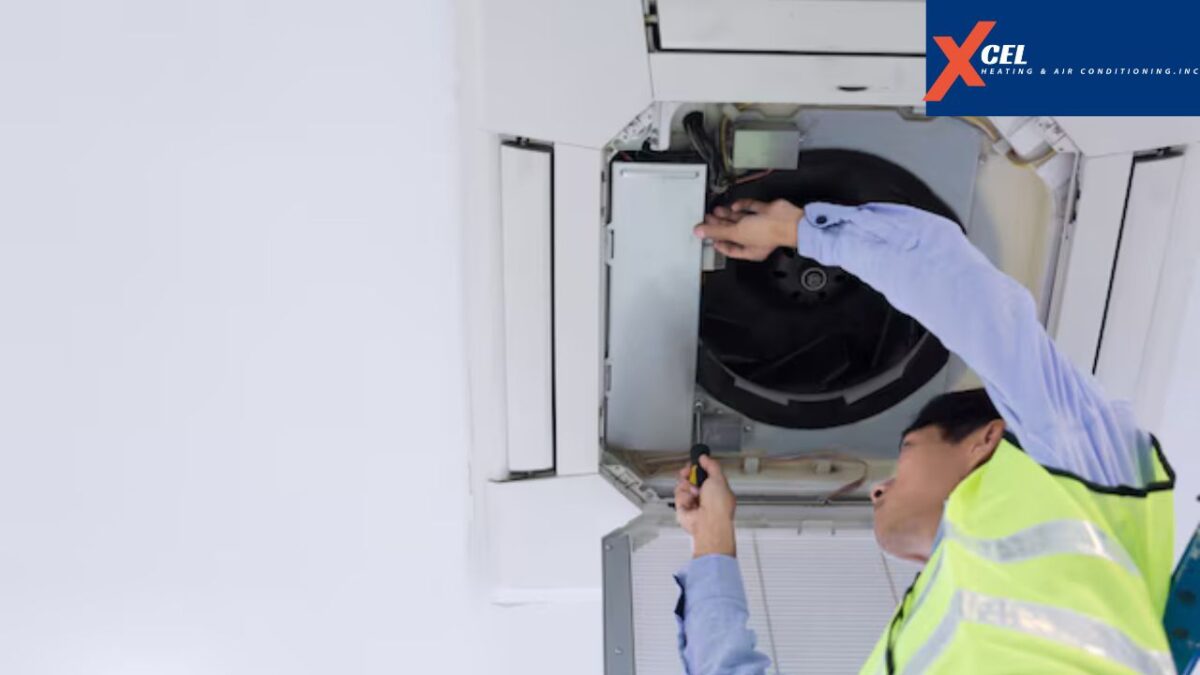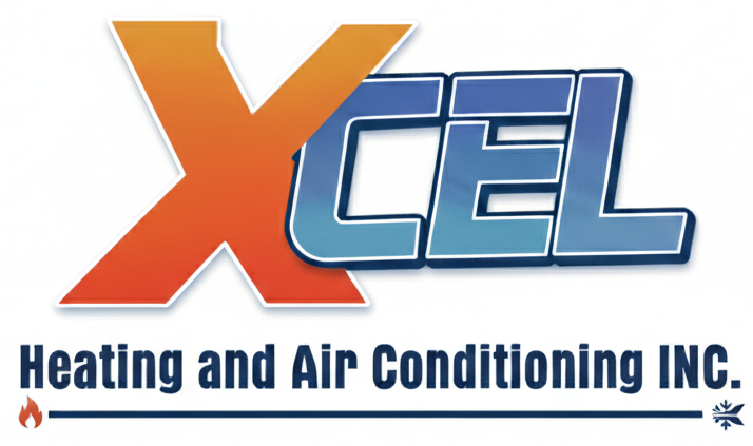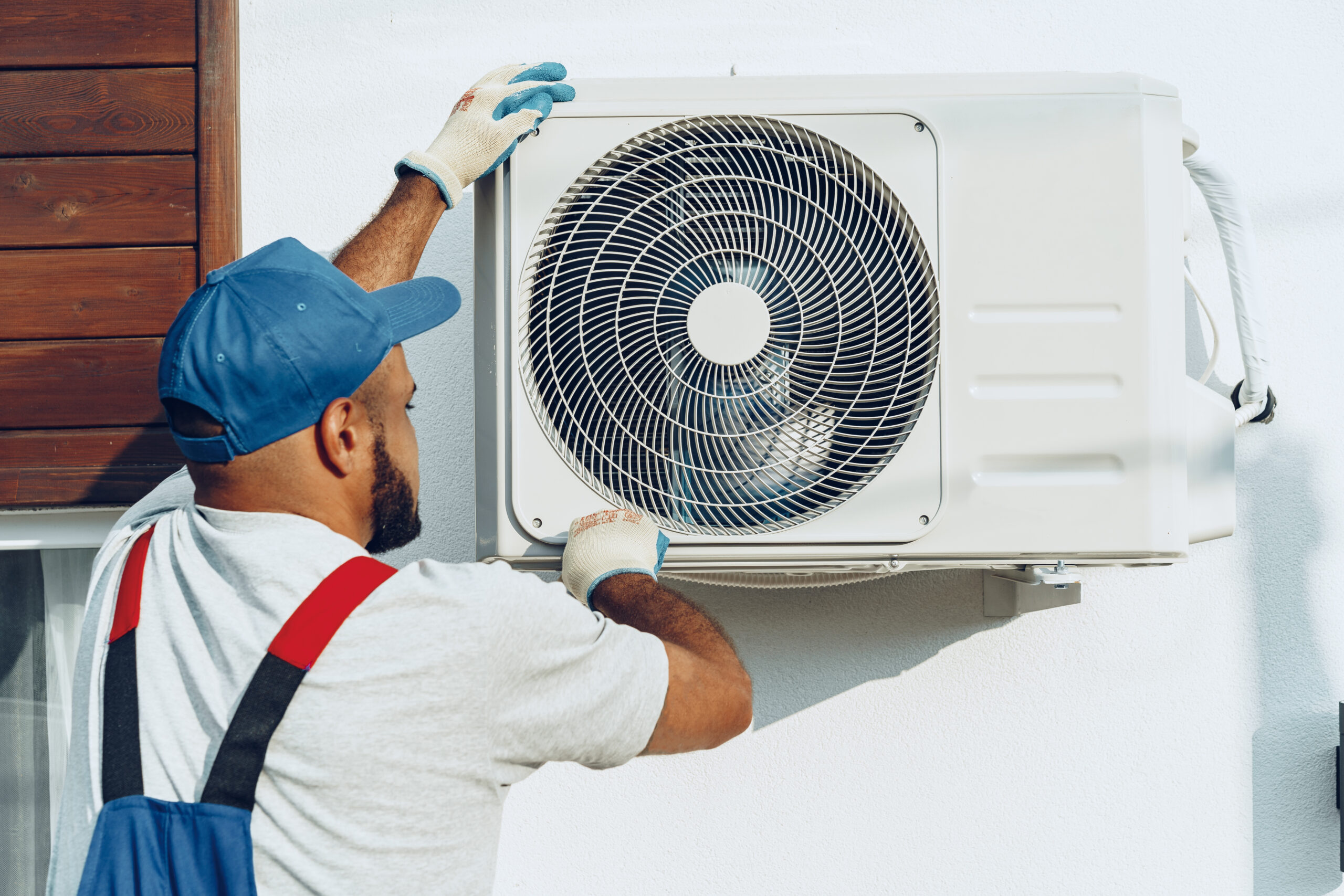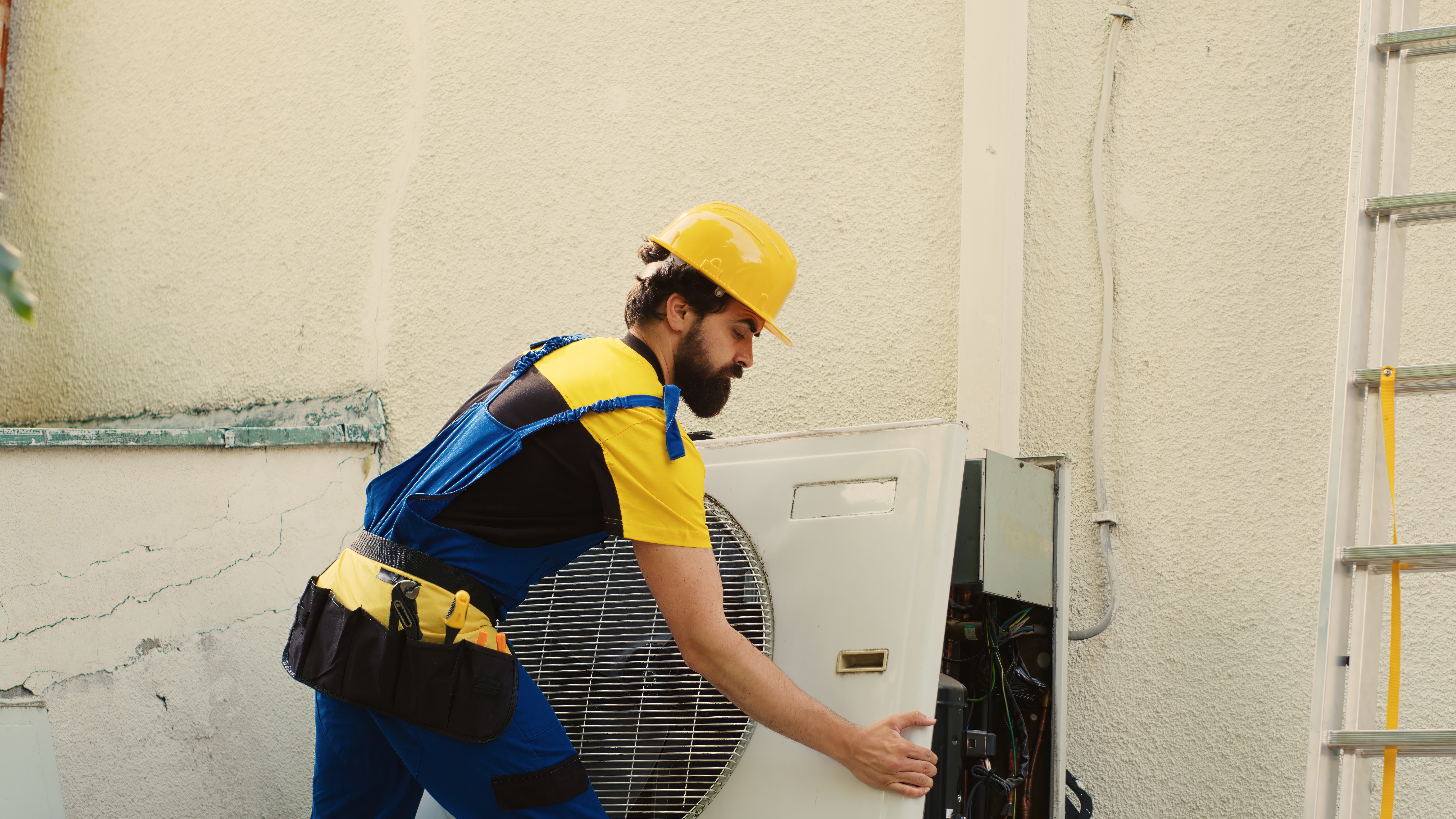How to Prepare Your HVAC System for California’s Fire Season
The importance of protecting one’s indoor environments and ensuring good air quality is being recognized by homeowners in California as the wildfire season becomes longer and more intense every year. When preparing for a wildfire, one of the most important things to remember is to verify that your home’s air conditioning system can handle the low air quality caused by smoke. Preparing your HVAC system for fire season is important for several reasons, including keeping your indoor air cleaner, protecting your family’s health, and maintaining system efficiency.

Why HVAC Preparation is Crucial During Wildfire Season
The ash, poisonous chemicals, and particulate matter released into the air by wildfires may travel for kilometers beyond the fire’s immediate vicinity. Indoor air pollution from wildfires may aggravate preexisting conditions like asthma and allergies and cause new ones to develop over time. The first line of protection against smoke from wildfires is an HVAC system that is both well-maintained and equipped.
Proactive HVAC Preparation Steps for Wildfire Season
Schedule a Pre-Fire Season HVAC Inspection in California
Prior to the start of wildfire season, arrange a pre-fire season HVAC check in California with a trained expert. This guarantees that your system operates at peak efficiency and is equipped to manage heightened demands during smoke incidents. An inspection generally includes the evaluation of air filters, ductwork, seals, and system efficacy.
Use HEPA Filter Systems for Home Protection
Old filters may be inadequate for capturing small particulate particles from wildfire smoke. Upgrade to HEPA filter systems for residential usage or high MERV filters for California residences (Minimum Efficiency Reporting Value of 13 or above). These filters may collect tiny particles and significantly reduce indoor smoke pollution.
Switch HVAC to Recirculate Mode
One of the most simple but very effective measures is to activate the recirculation mode on the HVAC system. This inhibits the ingress of outside air into the system and recirculates the existing inside air, therefore minimizing the influx of external contaminants.
Consider HVAC Duct Cleaning for Smoke Prevention
If your residence has a history of smoke exposure or if your ducts have not been cleaned recently, consider HVAC duct cleaning to mitigate smoke risks. Accumulated dust and pollutants may be recirculated during the fire season, deteriorating interior air quality.
Install a Portable Air Purifier for Extra Protection
Alongside your central HVAC system, the installation of a portable air purifier equipped with a HEPA filter in frequently used rooms or bedrooms may provide an extra level of safety. This is particularly advantageous if you reside in a high-risk fire area.
Stay Updated on California Wildfire Air Quality Tips
Track local air quality indices (AQI) via applications or governmental notifications. This information assists in determining whether to close windows and doors, use air purifiers, or call emergency HVAC services in California if your system malfunctions under harsh circumstances.
Schedule an HVAC Tune-Up in California
A pre-fire season HVAC tune-up in California helps avert system failures during peak operational demands. Technicians will assess refrigerant levels, secure electrical connections, lubricate mechanical components, and verify airflow efficiency.
Long-Term Considerations
- Residing in a fire-prone area, long-term investments might provide enhanced security and reassurance.
- Upgrade to a Smart Thermostat: Enables remote monitoring and management of your HVAC system, particularly beneficial during evacuation warnings.
- Enhance Your Home’s Insulation: Augment insulation and seal apertures in windows and doors to mitigate the infiltration of external air.
- Incorporate Dedicated Air Filtration Units: Evaluate the integration of air purifiers into your HVAC system design to enhance efficacy throughout forthcoming fire seasons.
Choosing the Right California HVAC Maintenance Service
It’s essential to work with a qualified California HVAC maintenance service provider familiar with wildfire-related HVAC challenges. Choose professionals who offer:
- Emergency support
- Experience with wildfire-prone areas
- Custom filtration system recommendations
- Full-service maintenance and air quality audits
Final Thoughts
Wildfire smoke has effects that extend far beyond the fire boundaries, affecting residences and health throughout California. Proper HVAC preparedness for fire season is not only a comfort measure; it is a health precaution. Implementing preventive HVAC measures, like replacing filters, cleaning ducts, servicing your system, and using portable air purifiers, can guarantee your house stays a refuge throughout California’s most arduous months.
Invest in your air quality now; it may significantly impact your well-being during periods of wildfire smoke. Contact us.
FAQs
How do I know if my HVAC system is circulating wildfire smoke indoors?
If you notice the smell of smoke indoors, haze, or an increase in allergy or asthma symptoms, your HVAC system may be drawing in outdoor air or not filtering it properly. Switch to recirculate mode and check your filters immediately.
What type of filter should I use during wildfire season?
Use HEPA filters or high MERV filters (13 or above). These can trap very fine particles found in wildfire smoke better than standard filters.
Is duct cleaning necessary every year?
While annual HVAC duct cleaning for smoke prevention is ideal in high-risk zones, it may not be necessary if your system is relatively new and well-sealed. A professional inspection can guide your decision.
Can I use a portable air purifier instead of an HVAC upgrade?
Portable air purifiers are a great supplement but should not replace proper HVAC preparation for fire season. Ideally, use both for the best protection.
What should I do if my HVAC breaks down during fire season?
Contact an emergency HVAC service in California immediately. Avoid using fans or opening windows for ventilation, as this can worsen indoor air quality.


